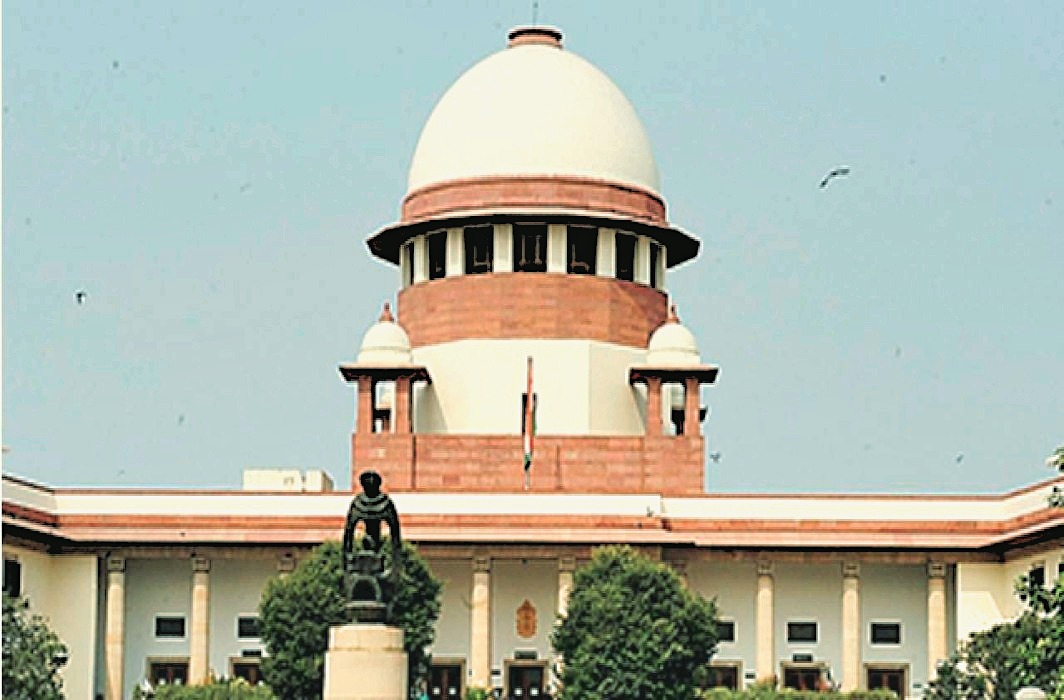Mother-in-law, who was dependent upon her deceased son-in-law for maintenance, is entitled to maintain claim petition under MV Act : SC

Read Judgment: N. Jayasree & Ors. vs. Cholamandalam Ms General Insurance Company Ltd.
Pankaj Bajpai
New Delhi, October 26, 2021: The Supreme Court has recently opined that every legal representative who suffers on account of the death of a person in a motor vehicle accident should have a remedy for realization of compensation.
Motor Vehicles Act is a benevolent legislation enacted for the object of providing monetary relief to the victims or their families, added the Court.
A Division Bench of Justice S. Abdul Nazeer and Justice Krishna Murari observed that at the time of calculation of the income of the deceased, the Court has to consider the actual income of the deceased and addition should be made to take into account future prospects.
Further, while the evidence in a given case may indicate a different percentage of increase, standardization of the addition for future prospects should be made to avoid different yardsticks being applied or different methods of calculation being adopted, added the Bench.
The observation came pursuant to an appeal challenging the judgment passed by the High Court of Kerala (Ernakulam Bench) whereby it had scaled down the amount of compensation payable to N. Jayasree (appellants) and thereby modified the award passed by the Motor Accident Claims Tribunal, Kottayam (MACT).
After considering the evidences and pleadings, the Top Court noted that the provisions of the Motor Vehicles Act, 1988 (MV Act) gives paramount importance to the concept of ‘just and fair’ compensation, and it is a beneficial legislation which has been framed with the object of providing relief to the victims or their families.
“In the instant case, the appellants have contended that the mother-in-law of the deceased was staying with the deceased and his family members since a long time. Taking into consideration the number of dependents of the deceased including his mother-in-law (four in number), the MACT had deducted one fourth (1/4th) of the income towards his personal expenses. However, the High Court has held that appellant no.4 being the mother-in-law of the deceased, cannot be reckoned as a dependent of the deceased. The High Court, therefore, determined the number of dependents as 3 and accordingly deducted one third (1/3rd) of the income of the deceased towards his personal expenses”, observed the Court.
The Division Bench of the Top Court further observed that it is not uncommon in Indian Society for the mother-in-law to live with her daughter and son-in-law during her old age and be dependent upon her son-in-law for her maintenance.
The Appellant herein may not be a legal heir of the deceased, but she certainly suffered on account of his death, and therefore, she is a “legal representative” u/s 166 of the MV Act and is entitled to maintain a claim petition, added the Bench.
The Division Bench also said that in absence of any specific reason and evidence on record the tribunal or the court should not apply split multiplier in routine course.
It is settled that percentage of deduction for personal expenses cannot be governed by a rigid rule or formula of universal application, and it also does not depend upon the basis of relationship of the claimant with the deceased, added the Bench.
Hence, the Apex Court allowed the appeal and concluded that the term ‘legal representative’ should be given a wider interpretation for the purpose of Chapter XII of MV Act and it should not be confined only to mean the spouse, parents and children of the deceased.
Sign up for our weekly newsletter to stay up to date on our product, events featured blog, special offer and all of the exciting things that take place here at Legitquest.




Add a Comment